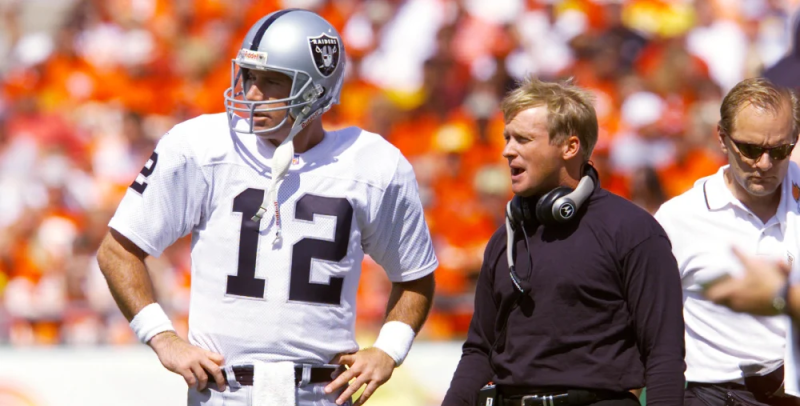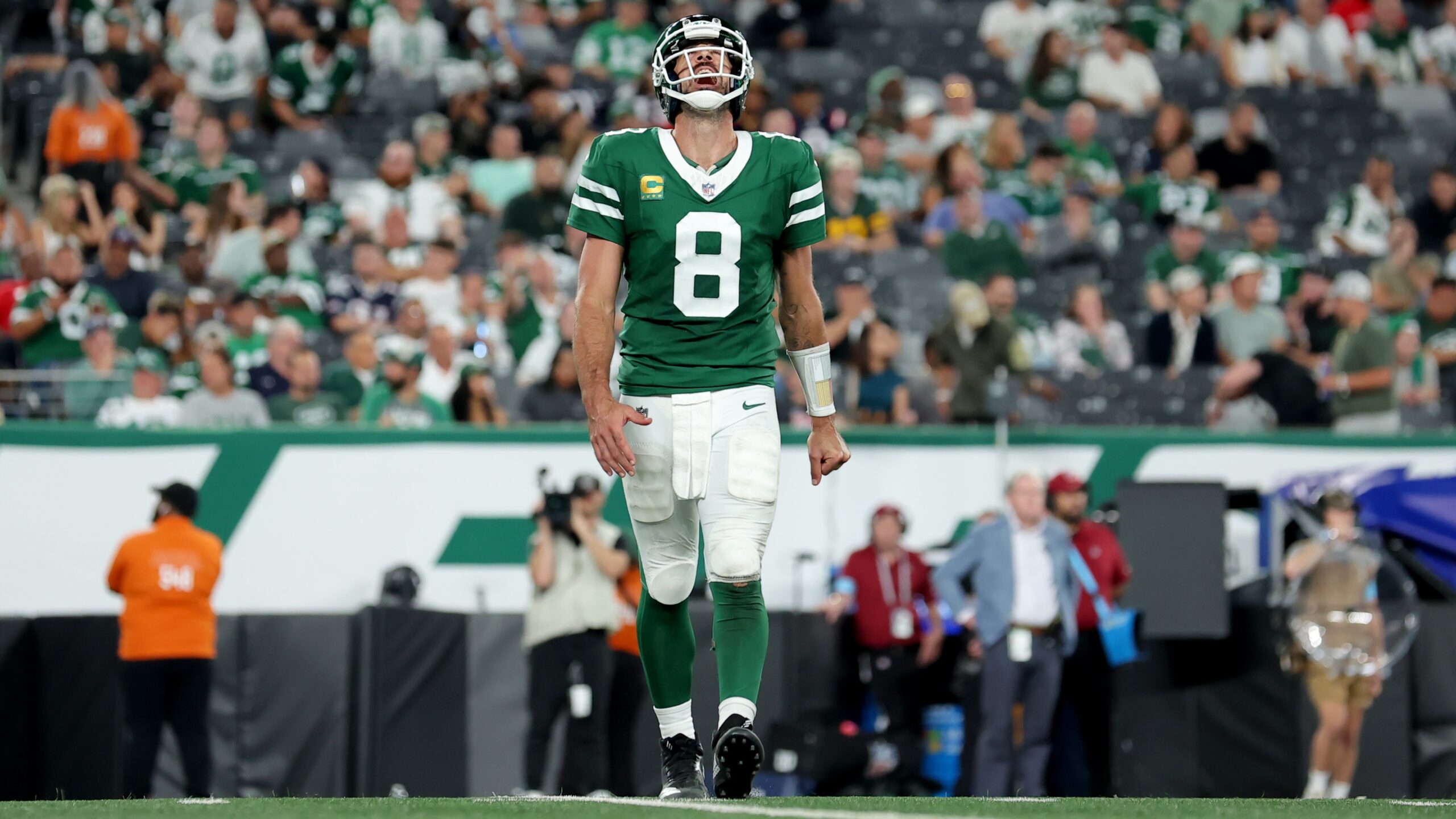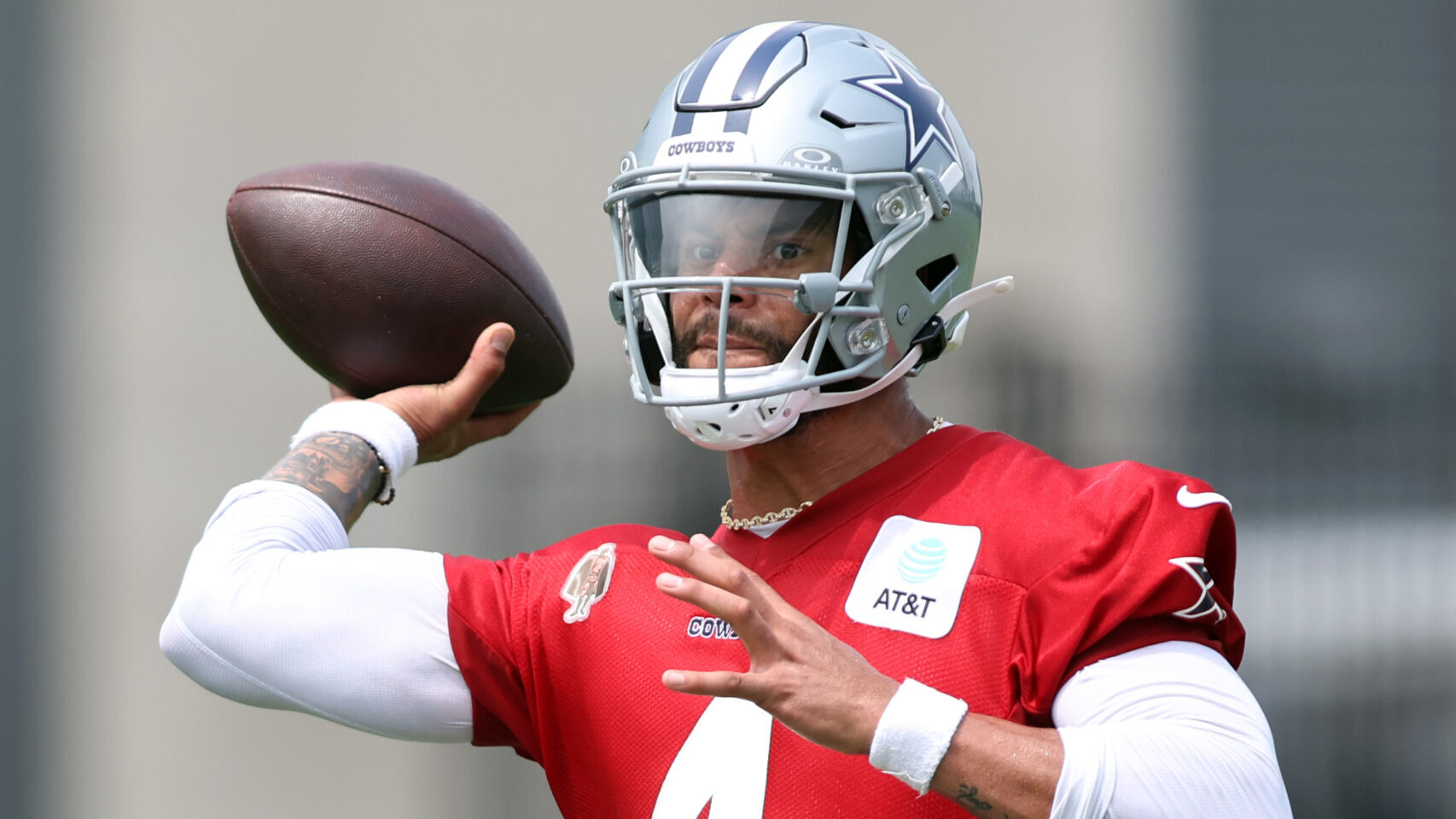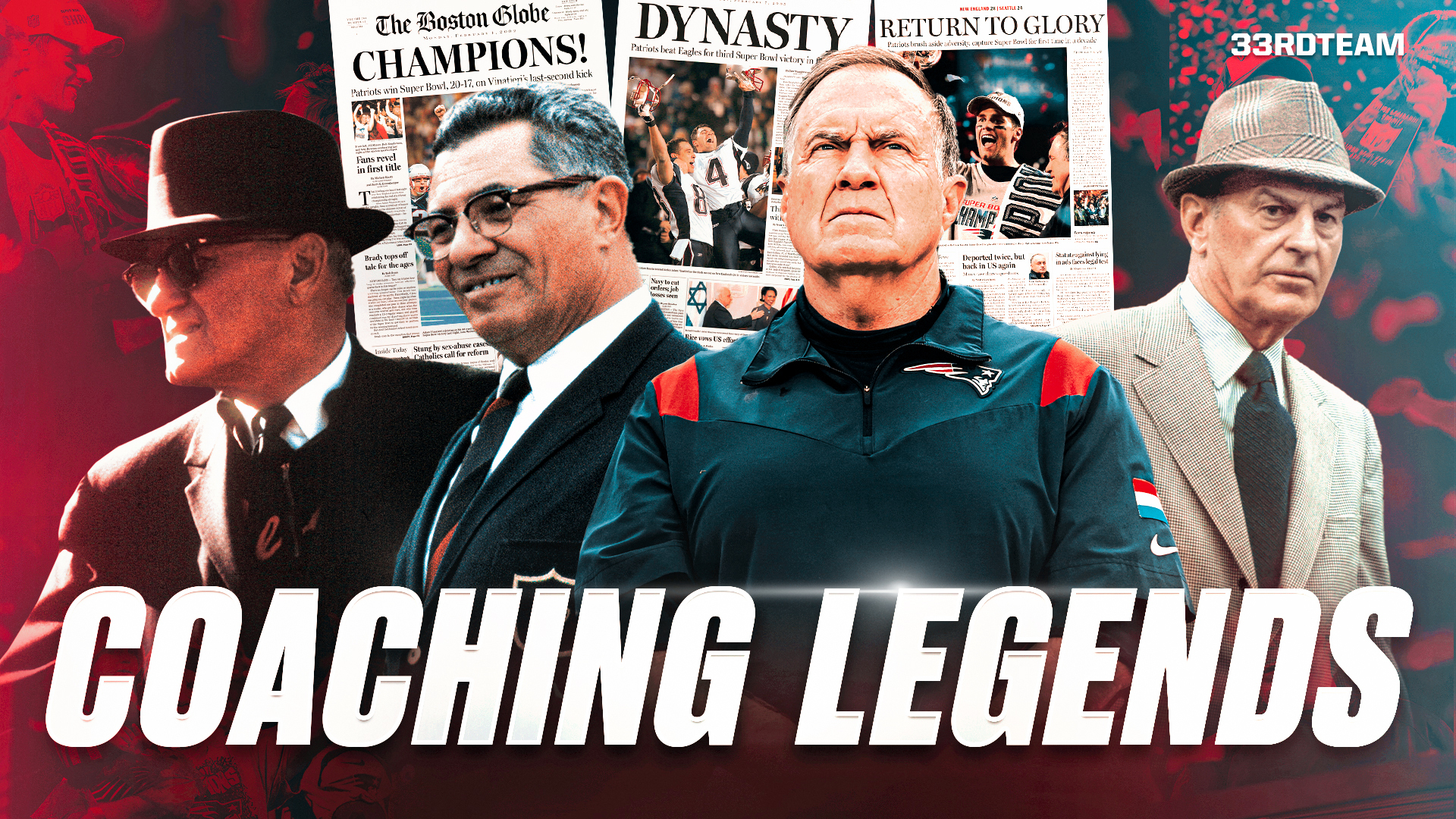Analysis
6/18/22
6 min read
Rich Gannon: The Importance of Offseason Quarterback Programs

We are more than halfway through the NFL Offseason, with the NFL Preseason beginning in only six weeks or so. Preparation at this time of year is paramount for any team’s success in the coming months and through the winter. Across the league, there has been a shuffling of players at the quarterback position on top of the annual coaching carousel. Even with a relatively weak quarterback class, there will be plenty of signal-callers donning new colors under center in 2022.
Former NFL MVP quarterback Rich Gannon joined The 33rd Team’s Wednesday Huddle this week to shed light on his experience in the NFL and what an ideal offseason program looks like for a franchise’s quarterback.
Gannon emphasized personnel turnover as a problem, highlighting the importance of offseason preparation, particularly for signal-callers. According to his calculations, 17 NFL teams will either have a new starting quarterback on their roster, a quarterback entering their second season with the team, or a new offensive coordinator/head coach.
“Think about Pittsburgh, Atlanta, Seattle, Cleveland, Indianapolis, Denver, and Washington,” said Gannon. “Then, we have five teams, the Jets, Houston, Jacksonville, Chicago, and San Francisco, who have second-year players.”
Considering much of the quarterback’s performance is tied to strategic decision-making, learning a new offense is only half the battle. After all, only the most cerebral quarterbacks maintain dominant play — Aaron Rodgers, and Tom Brady, for example.
“It is critically important to be able to sit down and have long conversations about protections, understanding concepts, and looking at defenses,” he said. “Understanding who the coordinators are in your division and what they like to do on defense cannot be prioritized enough.”
Passing the mantle to the next quarterback inherently transforms the offense. There is a new set of strengths to attack with, but there is also a new set of weaknesses for opposing defenses to exploit. The quarterback is the drummer in the offense, and if he is offbeat, then everyone else is too. In the NFL, success on offense is increasingly dependent on the effectiveness of the offensive scheme. Although, the effectiveness of offensive scheming means nothing unless the quarterback is comfortable executing it.
“I cannot tell you enough. When you go and evaluate quarterbacks who have been through system changes in year one or two, that is dysfunctional,” he said. “They cannot grow and develop or carry over the momentum from the year before; this is a time I got better at my craft, and I was invested.”
Although this phenomenon may disparately affect young quarterbacks, it unquestionably applies to veterans migrating from one team to another. The marriage between the quarterback and the offensive system is vital to the offense's success as a whole. It also takes time for that relationship to build and strengthen.
“It is a huge advantage for teams with quarterbacks that are coming back in a similar system,” he said. “So, the challenge is how to utilize this time in the offseason, and I think that the good football teams have a plan for how to utilize this time. Some teams do a fantastic job developing a program for that quarterback between March and July; that is where some teams are missing the boat.
It may sound dramatic, but regular and postseason games can be won or lost during this time of year. Fielding your best, cohesive unit of players for all three phases of the football game while also implementing a strategic philosophy is a tall order for coaches to complete in a few short months, subject to limitations set out in the NFL Collective Bargaining Agreement.
“They [quarterbacks] have to live in the city they play, and I want them in the building as much as I can possibly see him,” he said. “I want him in the weight room. I want him to work out with their teammates. I want him throwing routes versus air and getting comfortable with these receivers.”
Quarterbacks are often seen working with independent coaches on social media, and while it looks like it can elevate their play, it can do just the opposite. “The idea that these quarterbacks are going somewhere else is a bad thing,” he said.
The offseason provides a prolonged, pressure-free period where the quarterback and coach can dig into some of the weaker areas of the player's game. Gannon reflected on his time with head coach Jon Gruden and where he made the most strides as a player.
“Gruden said to me once that he conducted a study and said I was substantially more accurate on quick throws to the right than I was to the left,” he said. “Well, sure enough, we really worked on that in the offseason, and the number jumped significantly, not just then, but anytime we make something a point of emphasis.”
All in all, the importance of the offseason drastically increases when you have quarterbacks that need to acquaint themselves with the offensive system and opposing defenses. This time of year is especially sensitive for young quarterbacks, such as Trevor Lawrence, Justin Fields, Zach Wilson, Trey Lance, and Davis Mills.
“This is a time where young players can really, really improve,” he said. The missing puzzle piece for many young quarterbacks is the cognitive aspect, which Gannon believes to be the focal point of the offseason. “I am not just talking about physically; I am talking about mentally—the ability to slow the game down or process and absorb information quickly and efficiently.”
“If you look at the great quarterbacks that have played in our league, Brady, Brees, Manning, Rogers, and Mahomes, their ability to process and absorb information from the time they hear the play, get a mental image of it, call it, break the huddle, walk to the line of scrimmage, they absolutely maximize those 25 seconds [on the play clock],” he said.
The quarterback position is straying from the pocket-passer stereotype, but the “Football IQ” required is inescapable. Some responsibilities come with leading the offense, and one of those responsibilities is deciphering defenses. The quarterback must know where the ball needs to go before the cadence, where blitzers are coming from, if they are being picked up, and whether or not to call an audible altogether.
“There are other quarterbacks that feel the game is going way too fast for them, and they cannot get it to slow down. I would tell you that every minute is vital and critical in the offseason program, and we are not doing a good enough job in many of these places developing young quarterbacks.”
There is no doubt that the preparation occurring at NFL facilities around the country right now is foundational to the success, or lack thereof, that those respective teams will enjoy come September. It will be another interesting NFL season, where some new coaches will shock the world, and some will inevitably disappoint. Until then, we can only anticipate.






